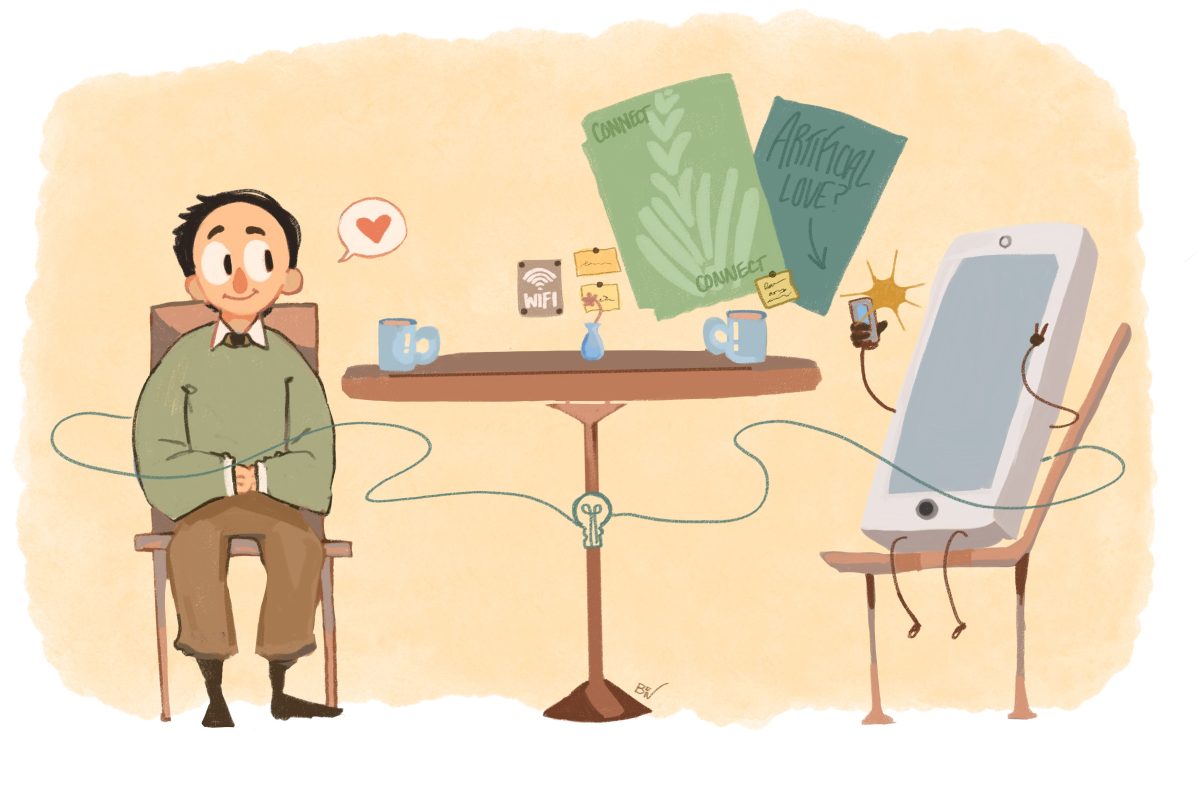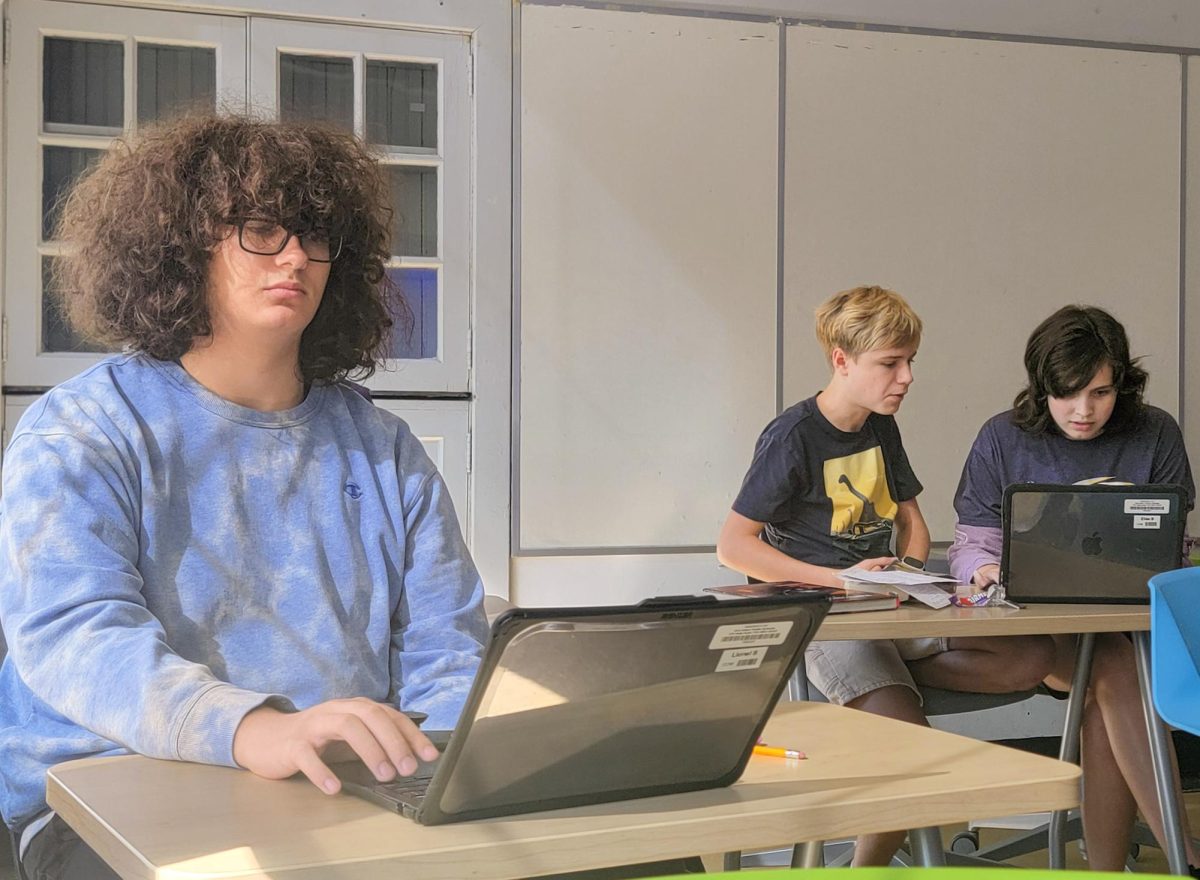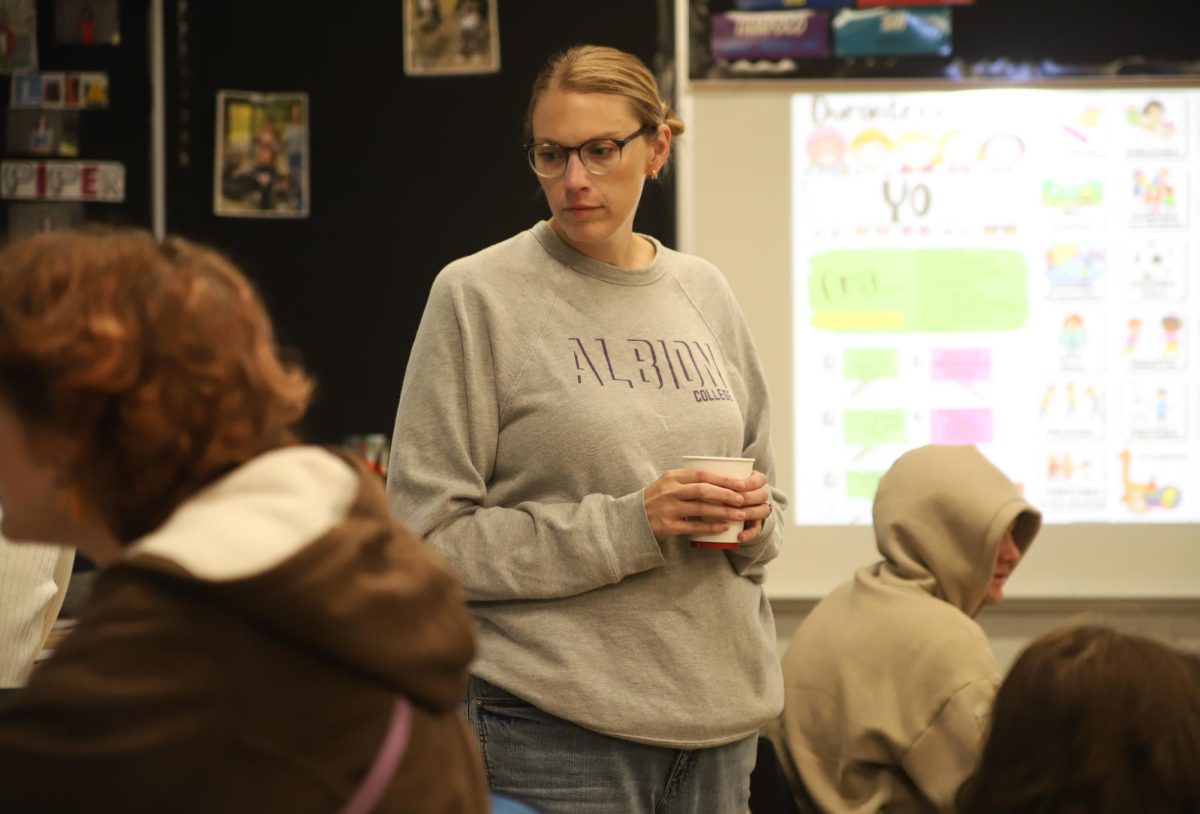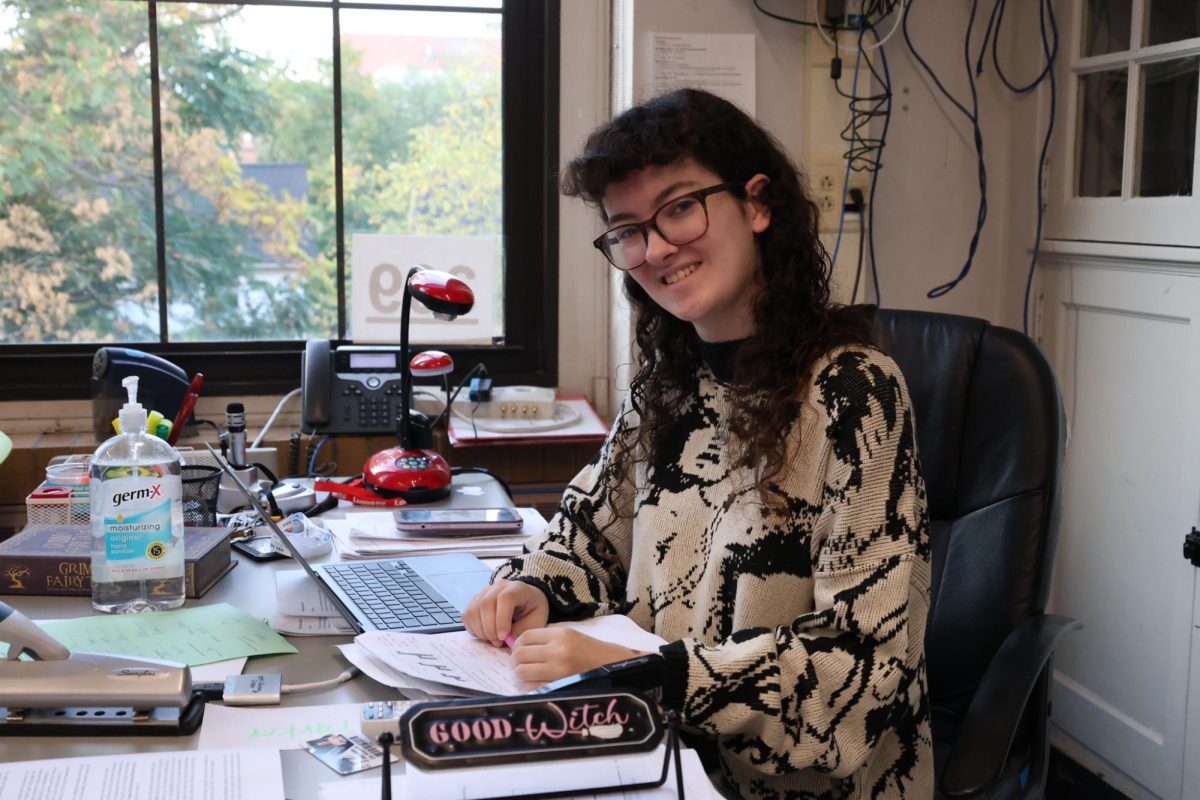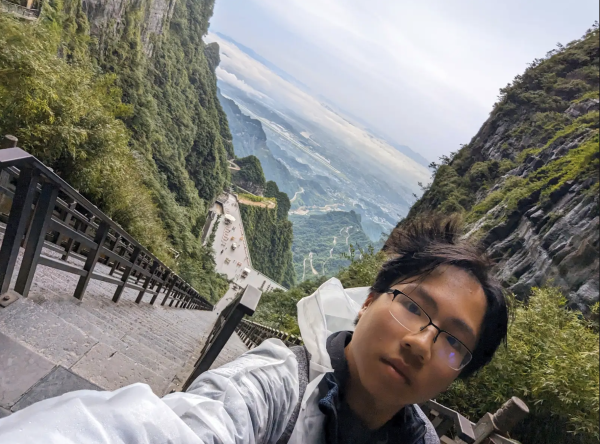The rise of social media has brought many great things: being able to share cute cat videos with our friends, being able to see what’s happening in our idols’ lives, and arguably, the most important ability of instant communication. At times, this level of accessibility can feel like any normal part of our lives, such as going to school or clocking in at work.
According to a data report by the World Bank, an international institution that provides knowledge and funding to 150 countries, over 90% of Americans use the internet every day, with an average of around seven hours online a day. With just a few taps on a screen, we can watch our favorite movies on Netflix and even talk to our friends on the other side of the world.
Shana Cacioppo, the school psychologist at CHS, feels that the internet has introduced a whole new world of how we connect with others.
“I mean, when I was younger, we had books you could buy from celebrities or magazines,” Cacioppo said.“But there was no real access to their social media accounts. We mostly wrote letters, and there is no access like there is now, where instantly, you can click through people’s profiles and get updates on their life or where they’re at and pictures of their children.”
For the majority of us, the Internet is a great thing, but good things never come with its drawbacks. And as for social media, that would be parasocial relationships.
Parasocial relationships, or interactions, are one-sided relationships where one person, typically the follower, invests energy and time into the relationship, while the other party is completely unaware of the other’s existence. This typically happens through forms of media, with the global networking power the internet has.
Stemming from admiration, most people start by finding the public figures relatable or inspiring. As you get more and more exposure to them, it starts to create a sense of fake intimacy or connection. And just like dating a real person, your attachment can change due to several different factors.
Kelly Maveal, one of the counselors at CHS, speaks about the difference between relationships made online and in real life.
“A normal relationship that we have is quite the opposite [from parasocial relationships],” Maveal said. “It’s two-sided. Two real-life humans know each other well, and they are listening to each other verbally, and communicating with each other. I would also say that a difference between the two is that in real life, we have challenges in an authentic human relationship. Some days, we wake up stressed, tired, or hungry, or we have a short fuse, and all of those factors play into the way that we interact with somebody. Whereas with a parasocial relationship, what we see from these humans, is very curated. It’s not necessarily their real authentic, genuine self.”
In everyday relationships, every day isn’t a highlight reel. We experience stress, neglect, sorrow, and breakup. It isn’t all rainbows and unicorns. On the other hand, parasocial relationships project an idealized image. You only see the good and polished parts of the person you love: their perfect photos which seem godlike or their flawless concert performances rehearsed over several months.
But even though they provide a false sense of reality, it is important to note that there is nothing that is entirely bad.
“I think there is something to be said as a benefit of resetting from the amount of work and energy that relationships take,” Maveal said. “Parasocial relationships allow us to take a break from class or a break in the middle, or the end of the day when we’re winding down right at home to relax and not have to exert that effort the real relationships take, but still get something positive in return.”
As teens and adults struggle with identity because of social norms or puberty, these public figures can help us discover what we believe in and value. Through their shared experiences, we can look through the lens of many perspectives which ultimately can help clarify who we are and what we side with.
A thing to note is that parasocial relationships are completely normal. They can happen to everyone — your grandparents, your baby cousins — anyone who interacts with the media is influenced.
The internet inflates and gets more complex every passing year. As of right now, anyone can instantly connect with thousands, if not millions across the globe, about anything that is happening, from what they’re eating for lunch, to the side of a political or social issue they stand with. We are no longer limited to only talking to our peers around us. We can now speak to the whole world.
“It’s a growth, an escalation of the internet. And the impact that it’s having on our lives is grand. A topic like parasocial relationships can bring such great value to our lives. And even most of the time, it’s harmless. Most of the time it’s an asset. A positive thing that’s contributing to our lives.” Maveal said. “There is a flip side, there is a risk level. We’re especially focused on this topic with young people, who still need to develop their brains, and we don’t have all of the research to know the impact media is having on us as humans. It’s to make sure that we’re helping both ourselves and the people that we’re working with to strike that balance and to be mindful of both the pros and the cons of internet and media use. “
It is important to not get too attached to celebrities, in fact, anyone. At first, it may just be harmless like on their post, but it could very well lead to much deeper involvement. The interconnected nature of today’s platforms allows public figures to seamlessly connect with their audience, which can very easily turn into a sense of extreme closeness and familiarity with no boundaries being set.
“When it’s taking over time in your life, or when you could be doing other things, when it’s becoming intrusive to friendships, or your job, or your schoolwork and all your time at home, and you’re searching up things on the internet about them or trying to meet them, then it’s gone too far,” Cacioppo said.
If you’re ever in a situation where a parasocial relationship is affecting you, or anyone else, take time to think and consider reaching out to someone you trust. While this may seem like something very fictional, as long as it is impacting some area of functionality, it should be treated as any other emotional, mental, or physical issue.
“I would start with connecting with somebody that you trust and an adult that you feel open talking to, and here at school that can be any teacher, that can be a forum leader, that can be counselor,” Maveal said. “And I think that that Community can be a place to start. Then we can talk about how to bring that support outside of school. But let’s start here, within our own four walls.”
In this age where social media and the internet are still really new, it’s important to take just a little precaution as we don’t know how deep it can go. So next time, when you’re off commenting on your favorite celebrities’ posts, maybe try to recognize if you’re stretching it too far. Would they be comfortable with what you’re saying? They’re human, like us, after all.



